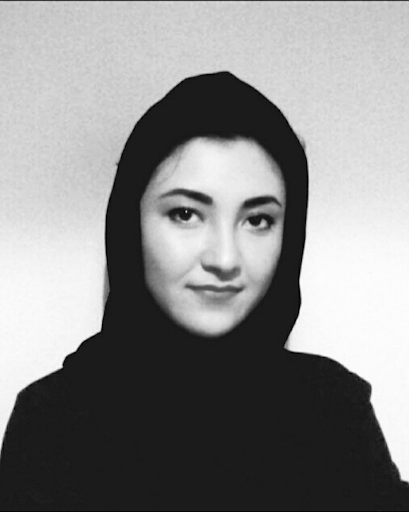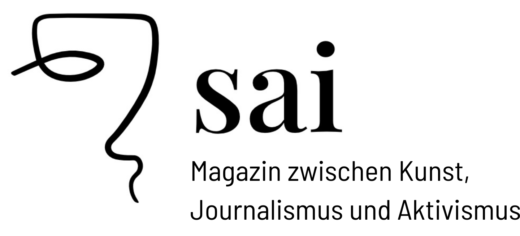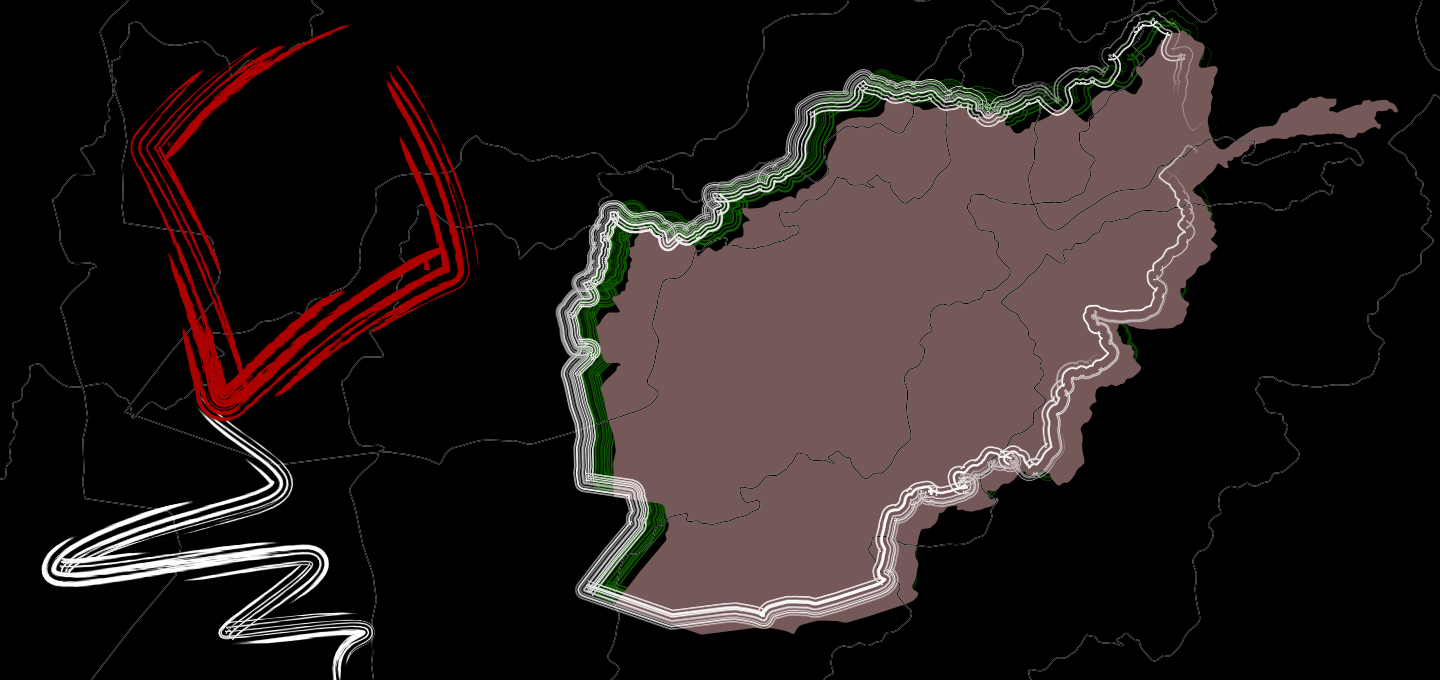Text: Nafisa Amini; Introduction: Anna-Farah Fricke and Mathis Gilsbach | Cover illustration: Mathis Gilsbach
Hier kannst du den Text auch auf Deutsch lesen:
https://sai-magazin.de/afghanistan-stimme-einer-kritischen-burgerin/
Disclaimer: This text contains descriptions of violence
Introduction and Context
A few weeks after the hasty withdrawal of Western troops in August 2021, the Taliban captured Afghanistan’s capital Kabul. Many people tried to flee. There were desperate scenes at Kabul airport during the chaotic evacuation of soldiers and local staff.
The Taliban are an Islamist movement in Afghanistan and Pakistan that follows an extreme interpretation of Sunni Islam. After a decade-long occupation of Afghanistan by the Soviet Union (1979-1989) and a brutal civil war that followed, the Taliban took control of Afghanistan once before in 1996. At that time, they established a regime characterized by intolerance and repression against women, ethnic minorities and people of other faiths, such as the Shiite Hazara. This regime was overthrown by a U.S.-led NATO mission after the 9/11 attacks, accused of protecting the bombers.
Between 2001 and 2021, the U.S.-led international community established a new Afghan and democratic government in Kabul. The durability of this government rested on military support from NATO forces. Similar to their first takeover of power in 1996, the Taliban began gradually seizing rural regions as soon as the withdrawal of Western troops was announced. The government supported by the Western occupation collapsed already while the troops were withdrawing.
There are great differences between the rural regions and the capital Kabul. People from Kabul were particularly present in Western reporting, but they do not represent the entire country. Just a few weeks after the takeover, which was accompanied by enormous media interest, the conflict largely disappeared from the Western public eye. But the stories of the people, on the ground and fleeing the country, continue.
We wanted to talk to Afghan activists about the current situation, the origins of the conflict and the prospects for Afghanistan. During our research, we came across women’s rights activist Nafisa Amini, who offered to write an article in response to our interview request. In it, she describes her experiences with the Taliban regime and her perspectives on the human rights situation on the ground, and talks about her demands and wishes for the future.

Nafisa sees herself as a citizen who believes in the impact of political debate and constructive criticism. Therefore her text is titled „Voice of a citizen“ Right now, she lives and works in Europe.
Voice of a Citizen
During the first time the Taliban took power; they removed the role of women from the society. I still remember how they used to treat women in an aggressive way. I still remember the Taliban threatening my mother when she voluntarily and secretly taught girls while the Taliban were in power. I still remember the men who were executed and hanged to death in the Central district of the Province I lived. The Taliban have committed brutal and catastrophic actions during the last 20 years. We can’t forget how they have killed our innocent people including students, journalists, doctors, activists and even women while giving birth to their children.
On 23.03.2022, after only seven months in power, the Taliban again decided not to allow girls to enter school. Girls are now not allowed to study beyond sixth grade. The Taliban have taken the fate of 40 million people hostage.
I thought our next generation would not experience what we had to experience. But now our current generation and the next one will be experiencing the same things as us if we do not stand against this brutality. The Taliban haven’t changed. With their upcoming, the dreams and destiny of a generation were betrayed. Currently all citizens of Afghanistan live in dark and uncertain conditions.
Since the Doha-Agreement (between the USA and the Taliban) and their takeover in August 2021 the Taliban are monopolizing power, violating freedom of speech, torturing journalists, displacing ethnic groups from their homes, enforcing Farsi speakers not to speak Farsi, arresting the former military force and kill them under different false pretenses. They arrest women who protest, interfere in people’s personal lives, and ban girls from going to school.
I am a citizen rights activist, and my goal is to stand for human rights, for justice, for equal citizen rights, for peace and freedom. To me this is a collective responsibility. I am against terrorism, against extremism, and against monopolization of power. In my opinion, if we want to find solutions for the current problems in Afghanistan, we need to look at the root of these problems.
To understand the situation, one must first look at the external factors of the crisis. It is correct that Afghanistan has been (ab)used as a playground by other countries. Due to their political and economic interests they used it to play out their competition of power. I think The United Nations Organization should review with which purpose it was founded. It was created to work towards peace making and maintaining, for peace building, peace enforcement and sanctioning to change policies of governments that are supporting terrorism in the region. Regarding the Afghanistan Crisis, Pakistan should be sanctioned. Otherwise, this game will continue, and terrorist groups will keep growing. For many years we have been dealing with Pakistan’s double policy game and their divide strategy, with the lies and misdirection of Pakistan about Afghanistan to the International Community while Pakistan has been the source of terrorism.
All this time, the Taliban terrorists have lived there and made strongholds during the last 20 years. Pakistan always interferes in our country’s affairs, and due to some of their interests, they do not want peace to be ensured in Afghanistan. Pakistan established thousands of „Madrasas“- extremist schools where Taliban were trained by extremist minds and were then dispatched to Afghanistan under the name of Talib. Therefore, those terrorists who were and are in Afghanistan have just been soldiers. The soldiers who are committing whatever the leaders decide. If the world wants to stop terrorism and insurgency, they should stop it from where the terrorists are supported. This is a sad reality, but in my eyes not the only root of our crisis.
My question is: How did we get into this critical situation? Why do we repeatedly experience collapses and crises? To answer these questions, one must also look at the internal factors of the crisis.
To me they come down to the monopolization of power, ethnic oriented policy, and extremism. This is what has created this crisis and opened the doors for other countries to interfere.
For nearly 300 years, the power has been monopolized by the leaders of one ethnic group, the Pashtuns. But although they were in power, even the Pashtun people did not live in prosperity. Historically the ethnic group Hazaras has been discriminated, tortured and killed for being Hazara. It was a Hazara genocide. They did not have equal citizen rights and lived as second citizens. Now, the Tajiks are being killed, tortured and discriminated for being Tajiks. Additionally, the citizens are deprived from their citizen rights. Although I do not accept the Taliban as representatives of my Pashtun countrymen, the power is monopolized in the hand of the Taliban which are Pashtuns and former President Hamed Karzai supported the Taliban by legitimizing them and former president Ashraf Ghani supported them by handing Afghanistan to the terrorist Taliban.
Additionally supported by Pakistan because Pakistan sees their interest in the monopolization of power which brings political instability. The culture of monopolization has dominated all levels of society.
During the last 20 years most politicians, leaders and members of the parliament accumulated power in their positions. Citizens without networks and direct connections to those in power, had no chance of being nominated for election, despite having the knowledge and experience for these positions.
The second problem is the ethnic oriented policy. The reality is that people in Afghanistan do not have rights as citizens. They do not have equal opportunities to choose and be chosen for certain positions in the government.
When politicians talk about the ethnic groups of our country, they only name the four biggest: Pashtun, Tajik, Hazara and Uzbek. All the other ethnic groups are being talked about as small minorities, reduced to “others”. I am so tired of hearing this word „others“. These groups – Qizilbash, Turkman, Baloch, Turk, Pashai, Sadat, Nuristani, Gujjar, Pamiri, Kyrgyz, Arab, Sikh, Hindu and Brahui – are small in population and because of the ethnic oriented policy, they haven’t had an equal chance to be part of the government. Therefore, I demand a new social contract that can be based on citizen rights. In this new social contract, every citizen should have the right of participation, the right of getting an education, to go to work, everyone should have freedom of speech and the right of choice. Every citizen human right and fundamental right must be respected and accepted by the rulers.
Extremism is the third big problem. Being in war for many years, lacking a good educational system has led to increasing extremism in Afghanistan. I have talked to many people about human rights, women rights, about what it is like to have a democratic system and freedom. Some of those I spoke to told me: „We don’t want freedom and democracy“; „We saw what freedom and democracy brought with it. Corruption!“. This shows clearly that there is a misunderstanding about the real meaning of democracy and freedom. Therefore, these people think it is good for them to support the claim of the Taliban for an Islamic State. But the Taliban never acted according to the real Islam, which is about care, love, respect, justice, education, and virtue. It tells us not to harm innocent people.
So, my answer to those in doubt is: “Everything we have experienced in Afghanistan under the name of freedom and democracy, was just an illusion of democracy and freedom. It had nothing to do with the real values of democracy for which the foundation is a government of the people, by the people and for the people“. Yes, we have had corruption, but the reason was not the democratic system or having freedom. It was due to a lack of national interest, a lack of accepting the citizen rights of all ethnic groups and the interference of other countries in Afghanistan’s internal and external affairs. Freedom is the right of expression, the right to self-determination and of having free choice in our own life, it is to have citizen rights. Freedom means determining the interests of our country ourselves.
We are not free yet because the Taliban claim all the power to themselves. We, the people do not have freedom of expression, no citizen rights and we are still not the decision-makers in our own country.
I urge the International Community not to recognize the Taliban, because it is not in the national interest of Afghanistan. The International Community recognizing the Taliban leads to a normalization of terrorism and extremism. This will surely have a negative effect both on Afghanistan and on terrorist groups all around the world. Recognizing the Taliban also leads to a continued monopolization of power in Afghanistan.
I want the International Community to stop supporting something that continuously leads to crises. I want the International Community not to forget about the people of Afghanistan and the ongoing crisis. I want them to listen to the voices of those who are resisting, of those who are condemning the brutal acts of the Taliban.
Now, that we have lost everything in Afghanistan, the solution must be to solve the roots of the crisis. People must change their thoughts and support politicians who are working in favor of the national interest of Afghanistan without supporting monopolization of power, extremism and terrorism.
This is my opinion as a citizen about the root causes of this devastating situation. Of course, I believe in political discourse, but I believe in constructive criticism too. I believe in interacting with other countries, but without a double standard policy. Yes! We want peace, but we want freedom too. We want elections, human rights, citizen rights and the right of choice. Therefore, I want everyone who is talking about Afghanistan, to talk with responsibility.
Nafisa Amini
If you want to read more about this topic, you can have a look here:
- The New Humanitarian writes about the situation of women in Afghanistan (2022, englisch):
https://www.thenewhumanitarian.org/news-feature/2022/04/20/afghanistans-empty-womens-shelters - A Deutsche Welle feature about Afghan female athletes (2022, German):
https://www.dw.com/de/sportlerinnen-in-afghanistan-gefangene-im-eigenen-haus/a-61578241 - Tagesschau about the humanitarian situation in the country (2022, German):
https://www.tagesschau.de/ausland/asien/afghanistan-hunger-103.html - @theafghan is positing regular updates from an Afghan perspective on Instagram:
https://www.instagram.com/theafghan/


Pingback: Afghanistan – Stimme einer Bürgerin – sai